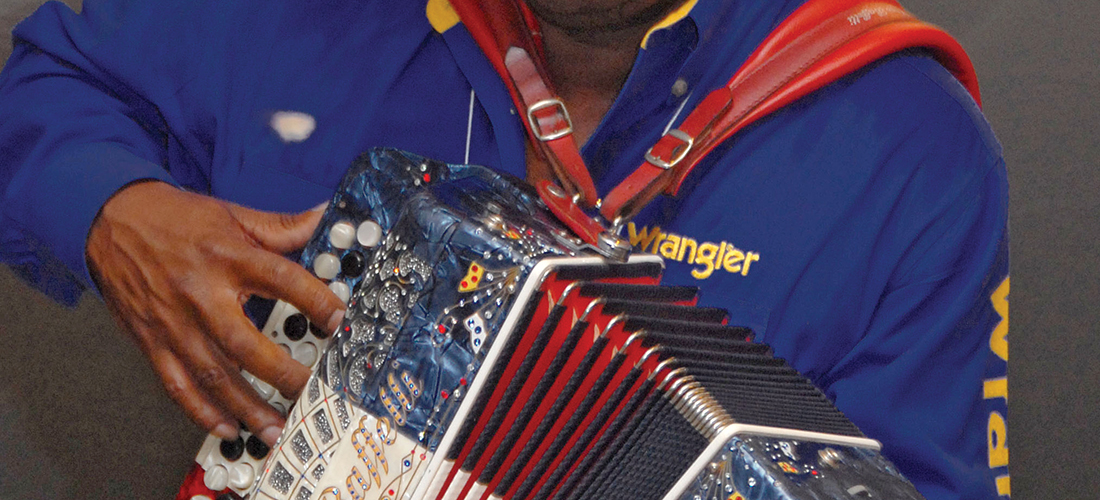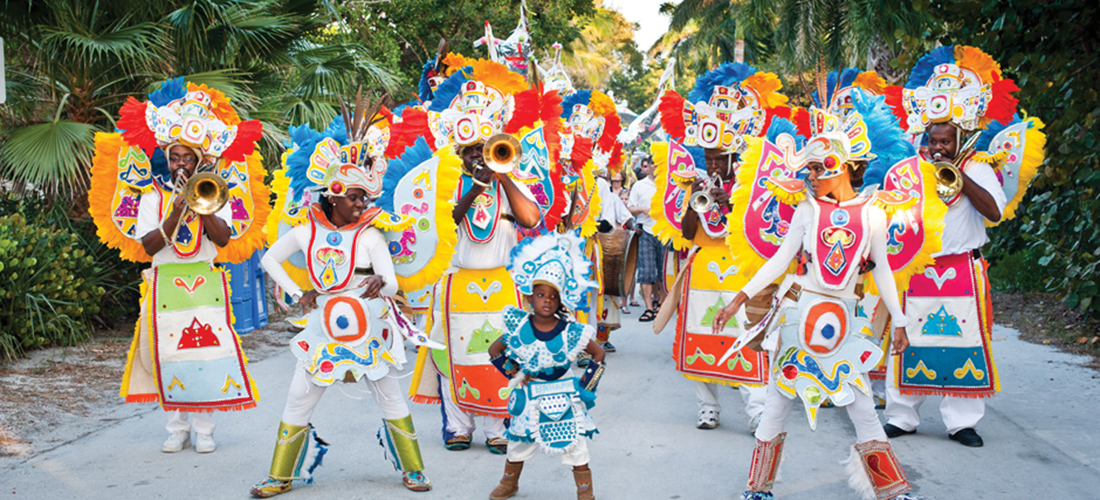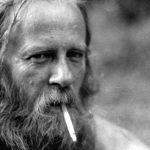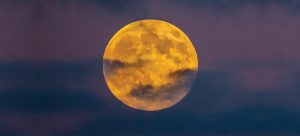
Globalizing Greensboro Folk

By Grant Britt
Greensboro has a brand-new music festival. Most everything about it has been good so far, and it looks to keep getting better over time. The only problem is with the name. Putting the term “Folk” in front of “Festival” still is off-putting for some people. Folks who attended the first one know, that it’s not about old hippies with acoustic guitars blowing in the wind.
The point is, you can’t easily define in a single word what the National Folk Festival is, and its organizers don’t want you to.
If you had to use one word to describe it, try “diversity.” Participants come in all genres, from all over the world. Trying to put the artists in boxes not only makes them uncomfortable, it’s misleading to the audience. If festival-goers arrive expecting one thing and get another because of the definition used to describe a particular artist, they go away confused or unhappy.
The best solution? Educate the audience and expand their perception of folk. Even though folk music almost always originates as regional music, its influences are global.
The folk music label first surfaced in the mid-1800s, but since the beginning of man’s footprints on the Earth, every tribe, every group of huddled masses has always had a style of music of their own. As the globe shrank, the music spread, cross-pollinating cultures, influencing regional music.
Appalachian folk music leaned heavily on Scottish and English ballads. And even bluegrass’ main instrument, the banjo, is of African origin. And look at the Carter Family. Although they’re responsible for contributing a sheaf of original songs to the American folk music canon, founder and patriarch A.P. was also a song collector, traveling around with black guitarist Lesley Riddle accumulating songs to Carterize with Mother Maybelle’s distinctive flat-picking style.
Many musical historians put Pete Seeger up as the godfather of folk, but African-American folksinger Josh White was writing protest songs and civil rights anthems in the 1930s while Seeger was still a young ’un. White became a confidant and friend to President Franklin D. Roosevelt and wife Eleanor, serving as Roosevelt’s overseas ambassador. In fact, the Presidential couple became the godparents of White’s son, Josh Jr. White performed at Roosevelt’s inauguration in ’41, the first African-American artist invited for a command performance. The president was so impressed with White that he invited him to his chambers to discuss racism, and White confided that he had written two songs, “Uncle Sam Says,” and “Low Cotton,” that addressed the president directly. He was referring to Roosevelt as Uncle Sam, asking him to change how blacks in the Army at Fort Dix were treated. (The song was inspired by the ordeals his brother had to endure there.) 1933’s “Low Cotton” concerned the plight of poor cotton pickers who were still little more than slaves at the time, and appealed to the president for help.
White paid a heavy price for his songs and ideals, blacklisted for nearly twenty years for being a communist and subversive from 1950–63, when President Kennedy got him on CBS Television’s civil rights special, Dinner with the President.
But one man, Elektra records founder Jac Holzman, was willing to give White a chance to earn some money in spite of the blacklisting, backing what would become White’s seminal album, Josh At Midnight, recorded over two nights in a converted Manhattan Church in 1955. Recently re-released on Ramseur Records, founded and run by The Avett Brothers and Carolina Chocolate Drops manager Dolph Ramseur, the record shows what an influence White had on generations of folkies including Peter Paul and Mary’s Peter Yarrow, a protegé of White’s. Harry Belafonte acknowledged his influence, as did Eartha Kitt and Lena Horne. White’s vocal and guitar styles are reflected closely in the honeyed sound and pristine picking of Eric Bibb, whose father, Leon, was also a folk pioneer blacklisted as well for his outspoken views. Like countless folk artists before and since, White worked from a large arsenal of material in the public domain, including prison work songs, spirituals and music with European origins.
Even folk legend Woody Guthrie, who wrote Americana’s anthem “This Land Is Your Land,” as well as hundreds of other songs, also adapted and covered music from blues, country and gospel.
All that paved the way for the folk revival that bloomed in the ’50s with well- scrubbed collegians in matching fancy shirts warbling clean versions of the old standards. A little later, a passel of not-so-clean-cut longhairs blowin’ in the wind snarled over a new wave of protest and once again revived the old stuff, hurling it out for another global spin.
All this is a long-winded way of saying that the term “folk” shouldn’t make you pigeonhole the music that will echo up and down Greensboro’s downtown this month. Open up your ears and your mind and soak up the flavors drifting in from all over the planet.
Here are a few 2016 National Folk Festival performers to whet your appetite and expand your horizons:
The Bahamas Junkanoo Revue is a mind-bending mashup of New Orleans Mardi Gras Indians lookalikes, brass bands and Caribbean rhythms cavorting in the streets for a feather strewn, whistle-tootling, talking drum celebration that leaves onlookers no choice but to surrender to the beat and prance along. The Bahamas Junkanoo Revue began in ’93 as an offshoot of Miami’s legendary Sunshine Junkanoo Band, formed in ’57.
Samba Mapangala & Orchestra Virunga is one of the best examples of globalized folk music at the festival. As far back as the ’30s, Afro-Cuban and Haitian music mingled with traditional Congolese tunes, first dubbed rumba, now known as soukous. Mapalanga mixes in ’50s style–dance music from Kenya called benga for a lilting, upbeat music that tickles your feet and warms your soul.
Mangum & Company’s usual gig is at Charlotte’s Mother United House Of Prayer for All People. But the brassy call to worship is so strong that the band regularly takes the trombone choir to the streets to spread the gospel to those who don’t make it to a house of prayer (for any people) on Sunday. The shout band replaces the traditional organ in church worship services, the brassy hymns of praise stirring up feelings that make your whole body vibrate with the stirring rhythms.
Jeffery Broussard & the Creole Cowboys will rock your world. Whether it’s the rawer sound of the button accordion or the rocking zydeco pumping from his piano squeezebox, Frilot Cove, Louisiana native Brousard’s relentless beat will having you doing the crippled pony step out on the dance floor to Cajun and Zydeco dance tunes. Once again, it’s a global mix, handed down from their French ancestors, remaining somewhat more traditional on the Cajun side, with some country mixed in, and the Creole side seasoned with R&B and blues for a spicier gumbo.
That’s just a small sampling of the global flavors awaiting you at the 2016 National Folk Festival. Your best course is to create your own menu, a feast that you need to stretch out over the three-day celebration to fully savor the best meal you ever had, served up hot and ready on your own stomping grounds. OH
Grant Britt is a frequent contributor to O.Henry





